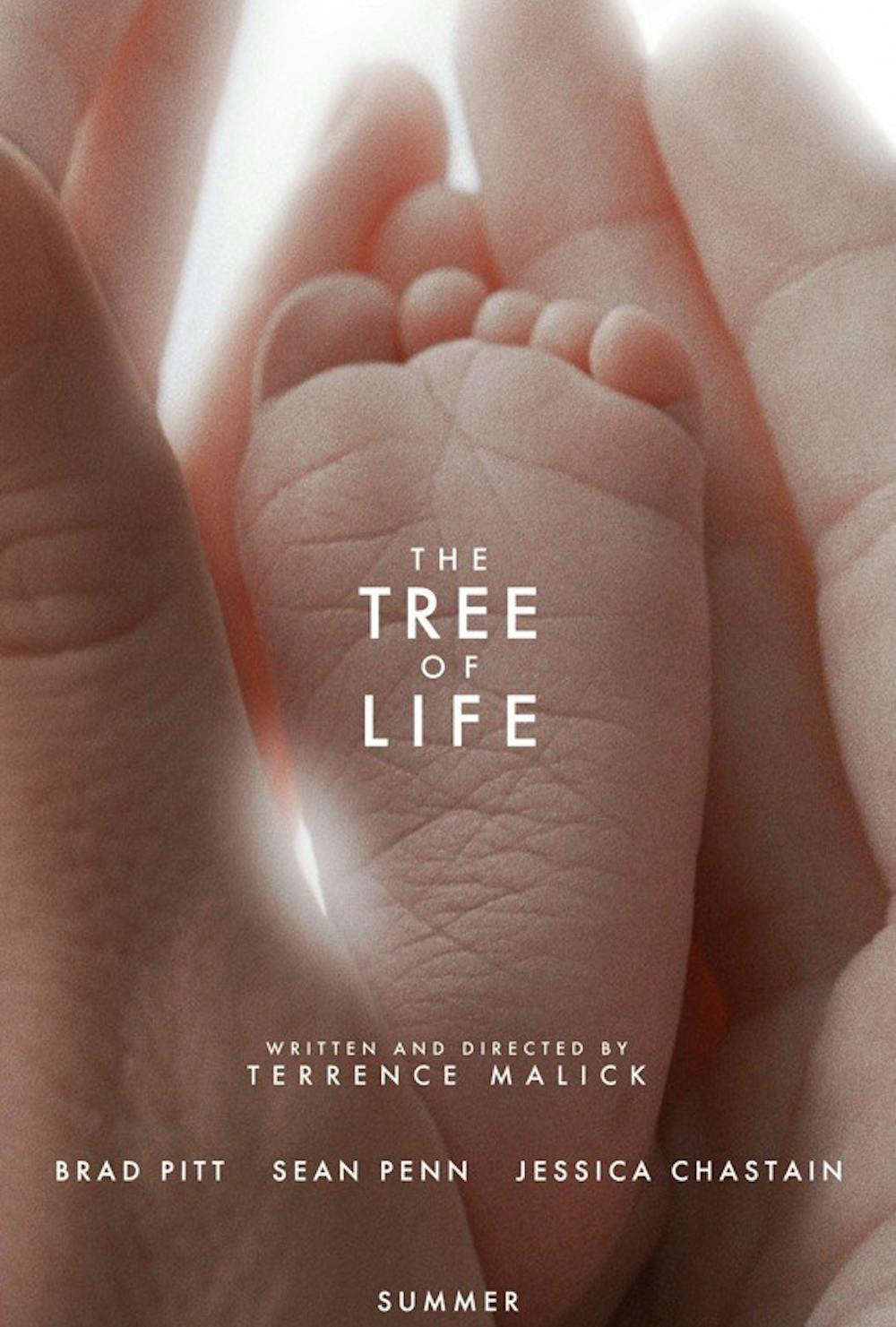Drew Shriner | Echo
 During chapel on March 2, Josh Larsen accurately claimed that Christians have the ability to watch "secular" films through a Christian lens-as prayers. Some would take it a step further: Christians not only have the ability to watch film, but a responsibility to engage with it.
During chapel on March 2, Josh Larsen accurately claimed that Christians have the ability to watch "secular" films through a Christian lens-as prayers. Some would take it a step further: Christians not only have the ability to watch film, but a responsibility to engage with it.
Watching movies and T.V. series is one of the most popular ways to use free time on campus. "Binge-watching" Netflix is the preferred method for forgetting about homework each Friday night. However, most of the shows or movies that people watch are pure entertainment and do not stimulate the mind or challenge one's worldview. They are an act of escapism rather than an act of engagement.
This is not inherently the fault of the binge-watcher. To some level, it is a neglect of duty by film companies who have sold out to profit, sacrificing their love for true art. This is both a product of and has led to the consumerist culture in which we live.
This is what the late Russian director Andrei Tarkovsky meant when he wrote, "The most meaningless, unreal commercial film can have just the same kind of magical effect on the uncritical and uneducated cinema-goer as that derived by his discerning counterpart from a real film. The tragic and crucial difference is that if art can stimulate emotions and ideas, mass-appeal cinema, because of its easy, irresistible effect, extinguishes all traces of thought and feeling irrevocably. People cease to feel any need for the beautiful or the spiritual, and consume films like bottles of Coca-Cola."
The last verb in that quote is essential: consume. It answers the question, "How do we interact with film?" The answer: like everything else, we consume it.
It is here that Taylor professor Jeff Cramer, associate professor of computer science and engineering, sees the most room for improvement on Taylor's campus. He believes that Christians, himself included, need to stop merely consuming film and move to engaging with film.
"How often do we consume a film and never give it any thought?" Cramer said. "We don't even last to the end of the credits before our minds have moved on to the next thing, whereas there are so many good films out there that are worth watching together with people, and then there are probably hours of conversation that we could have."
There are a numerous reasons to engage with art rather than merely consume it, but I will focus on the one that seems most relevant: empathy. Great film is a pathway to empathy. Well-crafted narratives do nothing short of forcing the audience to feel what the character is experiencing, not only on a surface level, but a deep sense of understanding and connection.
This is what the late film critic Roger Ebert refers to as "the cinema of empathy." Truly great films should challenge the audience, provide new perspectives, and by this allow Christian audiences to better fulfill their mission of loving others, even those whose experiences are different from ours. Loving others starts with understanding them, and truly engaging with great films is one way to begin that process. This is a sentiment echoed by Cramer.
"I think Christians need to carefully open themselves up to some of these movies that are about dark, difficult things and see the humanity that is in them," Cramer said. "Sometimes, if nothing more than just to remind ourselves of the world we live in and how difficult and dark that world can be. And even more so, to just let yourself see the story that this director and the people working on this film are creating. These stories can have incredibly redemptive, positive things going on in the midst of the dark things you see, and it's powerful."




